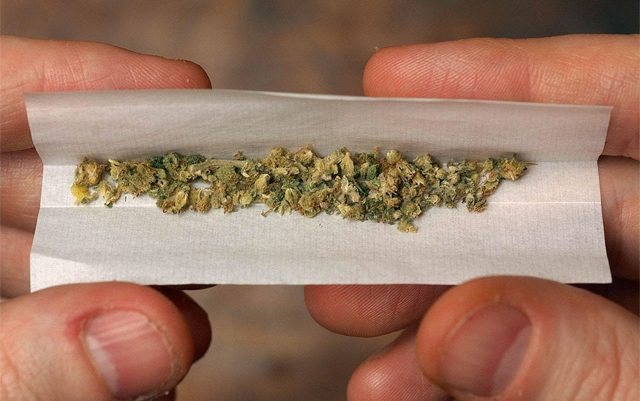A new study that prohibitionists will cling to with glee was recently published in the journal JAMA Psychiatry. It purports to show that “adolescent cannabis consumption was associated with increased risk of developing depression and suicidal behavior later in life, even in the absence of a premorbid condition.”
The study itself was a review of 11 studies and 23,317 individuals. In the report’s introduction, the researchers attempt to show that the use of cannabis among youths is a prevalent problem – not only in the U.S., but around the world. But after pointing out that cannabis use has roughly doubled among the 18 to 29 age group, the rest of the data referenced in the paragraph is no longer compared to old data, leaving the reader no way to know if the dangerous use alluded to is getting better or worse (more on that later).
In the end, even the researchers admit that their findings only amount to correlation, not causation. “The limitations of this meta-analysis are intrinsic to the methodology itself,” the authors of the report wrote. “First, even if only longitudinal studies adjusted for premorbid depression were included, since the individual patient data from the majority of studies were not reanalyzed using causal inference methods, strong causal association cannot be made with respect to the relationship between cannabis and later depression, suicide, or anxiety. Moreover, not all studies have adjusted for other drugs of abuse and cigarettes, or psychosocial factors (ie, school abandonment, drug abuse in peers) that may be linked to depression and early cannabis consumption.”
As many have pointed out, any links seen between depression and cannabis use can simply be from depressed people being more likely to seek out ways to self-medicate – marijuana being one of the more easily-accessible substances with which to do that.
In any case, let us assume for the sake of argument that marijuana use by adolescents does indeed lead to higher rates of depression in adulthood. Be forewarned that those who accept this as fact will often use it as a springboard to tell you why they are against legalization, thereby proving how disingenuous their position is to begin with.
As activists have said time and time again, if you are really worried about kids getting access to marijuana, then you should support legalization. Drug dealers do not check IDs, but licensed cannabis shops have several reasons to do so, like keeping their licenses and not paying heavy fines.
And data has shown this to be the case, not only from states with legal retail cannabis sales, but nationwide. Study after study has shown that legalization is the best way to keep marijuana out of the hands of teens, so if you believe this new review study, then maybe it’s time to get on the bandwagon to end cannabis prohibition.






